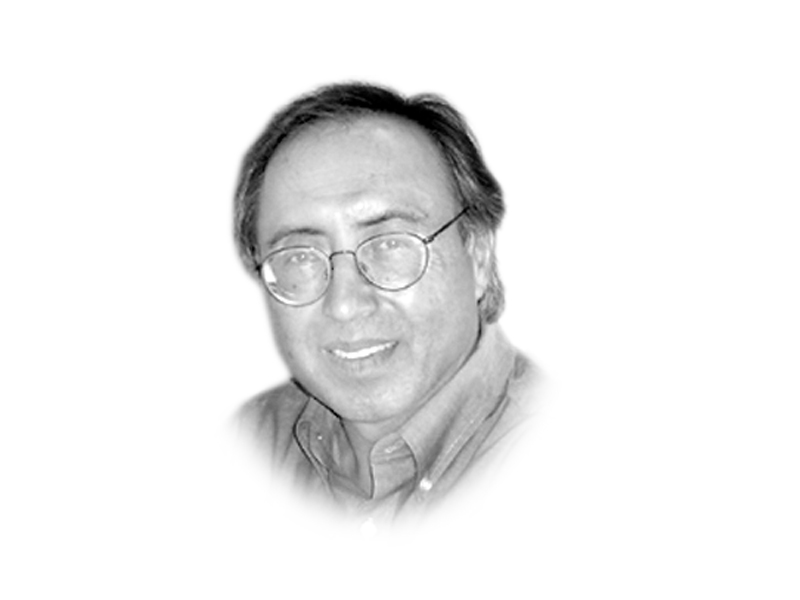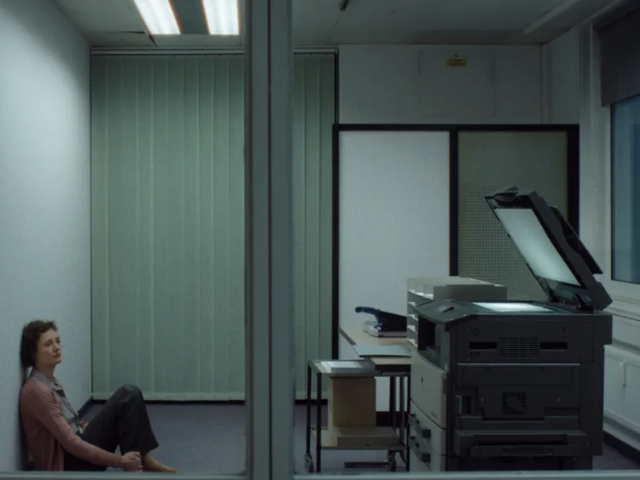
It is for the first time that the Elections Commission of Pakistan has given us an age-wise distribution of voters. The voters in the age groups between 18-29 — the band that is universally considered as young — are 30.5 per cent or 25.76 million of the total registered votes. This is a staggeringly high number in proportion to the population. Young voters can be a powerhouse for the next general elections and can change the traditional patterns of voting, elections and party rankings.
At the pre-election stage, we are not in a position to predict what political choice young voters are likely to make, but simply bring to the attention of the citizens and political parties how the young can make the outcome of the elections unpredictable for the traditional political parties. One may dismiss young voters as unmotivated, depoliticised and perhaps, expect them to be busy playing cricket on election day rather than standing in the queues to cast their votes. But in times of such disappointments, and in view of the poor performance of democratic governments, we cannot expect the youth to play cricket that day. My assessment is that on election day, they will play the ballot.
We have examples of many countries where the youth, disappointed by the traditional political parties or ruling classes, turned the political tide by increasing the voter turnout and voting against the incumbents. But this doesn’t happen automatically; a leader or leaders and parties must devise strategies to mobilise the youth with a credible message of hope and change. I think the number of young voters in the next elections is not lost to the ruling, dynastic political parties, but they have yet to find the right message to win back the youth that appears to have become alienated.
One thing that we need to analyse further is that the youth we are talking about is not a solid group, ideologically or organisationally tied up in a single network. The young generation is divided along urban, rural lines, and further fragmented into narrow ethnic, religious and sectarian categories. All political parties have created their student organisations to affiliate and mobilise students, but more often than not, these organisations use coercive means rather than persuasive ones, and thus work against the interests of the political parties that they represent.
The big questions is, will there be a youth wave on the pattern of the youth wave of 1970 that went in favour of the Pakistan Peoples Party? It is possible. What may really mobilise the youth is a message of change, real change, and through a credible political leader whom the youth may trust. Compared with my generation that supported the PPP in 1970, the youth today is more resourceful and has the power of communication technology that will play a critical role in youth mobilisation in the elections.
The aspirations of the young are for a better tomorrow and for stability, justice, rights and economic opportunity. They can turn the political tide, depending on who they find to be offering hope and leadership that will deliver.
Published in The Express Tribune, February 5th, 2013.
COMMENTS (8)
Comments are moderated and generally will be posted if they are on-topic and not abusive.
For more information, please see our Comments FAQ













@John B: "He swallowed his pride and recognized Bangladesh and signed Simla agreement and brought peace to the subcontinent very quickly. But PAK abandoned him very quickly and followed Zia."
Before he brought peace though he brought war by not recognizing the vicory of Mujib-Ur-Rehman and his right to become a PM. Udhar Tum, Idhar Hum was his way of disrespecting the verdict of the majority that made secession a necessity.
I do not think he had much choice with regards to the Simla agreement with 90,000 Pakistani soldiers in India's captivity. HE also introduced the law against Ahmadis.
Thus he cannot be called secular (Ahmadi law) or democratic (failure to respect verdict of 970 election).
The biggest hurdle for this nation right now is the fact that the older individuals who totally destroyed the future of the country by sticking to parties like a bad habit. They have engendered the same ideologies into their kids and the country is stuck in a constant cycle of corruption and oppression. There is a reason why the army kick these guys out, when you see the country heading towards collapse extraordinary steps need to be taken to maintain some order. For me Pakistan may deal a fatal blow to itself if anyone other than PTI gets into power. Its up to the people now. You can bridges and underpasses or you can have education, jobs, and a future.
Vote for PTI where else can a tailor become a district president.
@History Maniac: "Z. A. Bhutto was a leader whose hand was on the pulse of the people of Pakistan"
He surely knew the pulse of the land and said " I am here and you are there"
His vision was myopic and he led the nation in false promises. His nationalistic tendency was calculated politics and was never in the interest of the people.
No one can blame his domestic economic policies as he was facing capital shortage, flight of capital and his policy of reaching the poverty of masses with quick fix and land reform intentions needed socialistic view.
He did however stood up for the present day PAK in international front, although in an antagonistic manner. His greatest achievement to PAK is a nationalistic party - good or bad is not for me to say- as a counter measure to Muslim league party who were riding on the old glory.
He swallowed his pride and recognized Bangladesh and signed Simla agreement and brought peace to the subcontinent very quickly. But PAK abandoned him very quickly and followed Zia.
Having a large pool of young people is good. Pakistan has a LOT of them, in greater percentage than most developing countries.
Any economist will tell you the advantages if the pool is educated and enough jobs are created.
But, tell him about Pakistan's economy and politics he will turn around and look at you and will continue to tell you what a disaster it could all well turn out to be.
3% GDP growth, when Pakistan has to be growing at 6% or more to generate enough jobs. Education lagging behind, impending International Isolation, bankrupt economy which will go bust post 2014. When enough jobs are not generated there will be resentment and ultimately chaos. Its like a vicious cycle, which turns darker with each turn.
Z. A. Bhutto was a leader whose hand was on the pulse of the people of Pakistan. Unfortunately, Pakistan of today has no leader of his stature & standing. Prof Rais will permit me to include in this hopeless /useless lot his own "favorite" leader, to whom he tried to allude to in his piece.
We are sick of Status co parties in Pak..
We young people have no jobs and no future in current scenerios. our marriages are getting late which imbroglio/entanglement social problems in Pakistan. Which result the surge of crime and other things that are all the results of PPP and Pml-N govt..
They will vote for PTI in droves--just let the election happen!
Unless the dispersed youth of PAK are open to critical and independent thinking, it will be more of the same and they will be selectively exploited.
Choice1: Eliminate corruption, terrorism, pave way forstrong economy, and a prosperous future for them 10 years down the road
Choice2: Free laptops for the urban youth, free food, clothing and shelter, free money until you find employment, everything will be alright in 90 days, you are the future, you will liberate Kashmir, ...and vote if you desire all these.
Which one will be the political message of the parties?